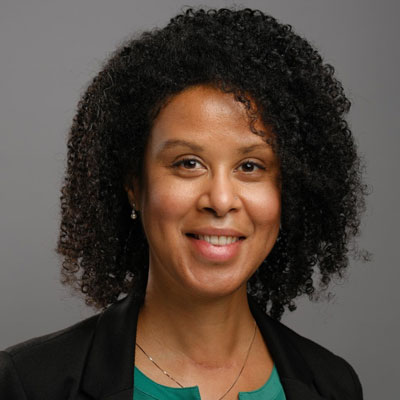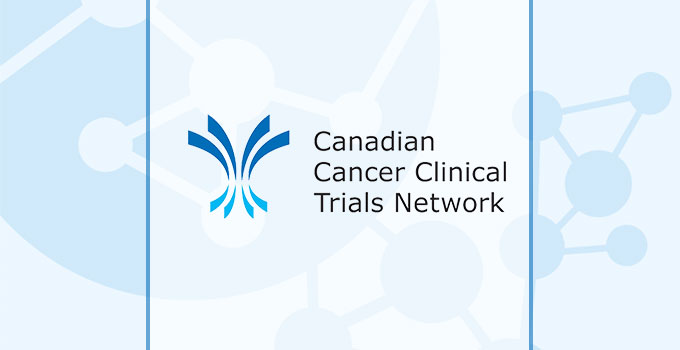Clinical trials lead to new and better ways of diagnosing and treating those with cancer. They also provide an opportunity for interested patients to access potentially life-changing care within a trial. However, some patients may be unable to participate in trials due to other health issues, family and work limitations, costs related to time or travel, or other concerns about participating in research. This can limit understanding of how new treatments will work in all those that may be offered them in the future.
To help improve equity, diversity and inclusion in all aspects of clinical trials conduct, the Canadian Cancer Clinical Trials Network (3CTN) launched a framework and tool kit that provide recommendations and links to relevant resources. These new resources were developed with expert stakeholders from across Canada including clinical research professionals, trial sponsors, and people with lived experience. Included were individuals of historically underrepresented communities such as our geriatric population (70+), adolescents and young adults, those living outside urban areas, immigrants/newcomers to Canada, Indigenous peoples (First Nations, Métis and Inuit), racialized individuals, and members of the sexual and gender diverse community.

“For many people with cancer, clinical trials offer hope and a way to help shape the future of cancer care. There is no group of people that cancer does not touch, therefore it is critically important that this future is informed by a diverse range of experiences,” says Michelle Audoin, a patient partner involved in the development of the framework and toolkit. “I am proud of the collaborative effort to develop these new resources and am excited to see them being deployed across Canada.”
The framework and toolkit were developed as living documents, providing the opportunity for others working in clinical trials to review and contribute to the content as evidence and experiences evolve with time. To this end, 3CTN and its partners will carry out periodic reviews to ensure the materials are up to date and reflect changes in best practices.
“These resources provide us with a solid foundation on which to build a truly equitable, diverse and inclusive clinical trial ecosystem in Canada,” says Dr. Janet Dancey, 3CTN Scientific Director. “I extend my heartfelt thanks to all of our partners who contributed to the development of these vital tools.”




